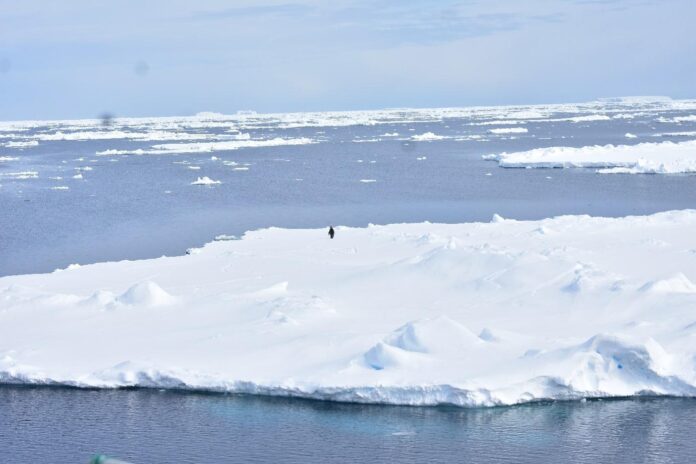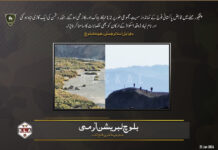New Delhi, May 2: The Ministry of Earth Sciences (MoES), through the National Centre for Polar and Ocean Research (NCPOR), will host the 46th Antarctic Treaty Consultative Meeting (ATCM 46) and the 26th Meeting of the Committee for Environmental Protection (CEP 26) from May 20-30, in Kochi, Kerala.
The meeting is in line with India’s stand to facilitate constructive global dialogue on environmental stewardship, scientific collaboration, and cooperation in Antarctica.
Over 350 delegates from over 60 countries are expected to attend the 46th ATCM and 26th CEP this year hosted by NCPOR, MoES at Lulu Bolgatty International Convention Centre (LBICC) in Kochi, India.
According to a statement, the ATCM and meetings of the CEP are pivotal in the international community’s ongoing efforts to safeguard Antarctica’s fragile ecosystem and promote scientific research in the region.
Convened annually under the Antarctic Treaty System, these meetings serve as forums for Antarctic Treaty Consultative Parties and other stakeholders to address Antarctica’s pressing environmental, scientific, and governance issues.
The Antarctic Treaty, signed in 1959 and entered into force in 1961, established Antarctica as a region dedicated to peaceful purposes, scientific cooperation, and environmental protection. Over the years, the Treaty has garnered widespread support, with 56 countries currently party to it.
The CEP was established under the Protocol on Environmental Protection to the Antarctic Treaty (the Madrid Protocol) in 1991. The CEP advises the ATCM on environmental protection and conservation in Antarctica.
India has been a Consultative Party to the Antarctic Treaty since 1983. It participates in the decision-making process along with other 28 Consultative Parties to the Antarctic Treaty to date. India’s first Antarctic research station, Dakshin Gangotri, was established in 1983. At present, India operates two year-round research stations: Maitri (1989) and Bharati (2012). The permanent research stations facilitate Indian Scientific Expeditions to Antarctica, which have been ongoing annually since 1981. In 2022, India enacted the Antarctic Act, reaffirming its commitment to the Antarctic Treaty, it said.
According to the website of the Antarctic Treaty Consultative Meeting: “Every year the original 12 Parties to the Treaty and those Parties that demonstrate their interest in Antarctica by conducting substantial research activity there – together called the Consultative Parties – meet “for the purpose of exchanging information, consulting together on matters of common interest pertaining to Antarctica, and formulating and considering and recommending to their Governments measures in furtherance of the principles and objectives of the Treaty”. This forum is the Antarctic Treaty Consultative Meeting (ATCM).
From 1961 to 1994 the ATCM generally met once every two years, but since 1994 the meetings have occurred annually.”
“The Committee for Environmental Protection meets annually to discuss the status of the Antarctic environment in general and the implementation of the Environment Protocol specifically.
The Committee’s discussions are guided by a five-year work plan, which focuses on high-priority environmental issues, as follows:
*Management of risks associated with species not native to Antarctica.
*Management of environmental impacts of tourism and non-governmental activities.
*Understanding and responding to the environmental consequences of climate change in the Antarctic region.
*Improving the effectiveness of protected area management and enhancing the protected area system.
The Committee also develops management tools, for example for Environmental Impact Assessment, conservation of flora and fauna, environmental monitoring, marine pollution, protected species, waste from past activities, historic sites and monuments, and more.”








